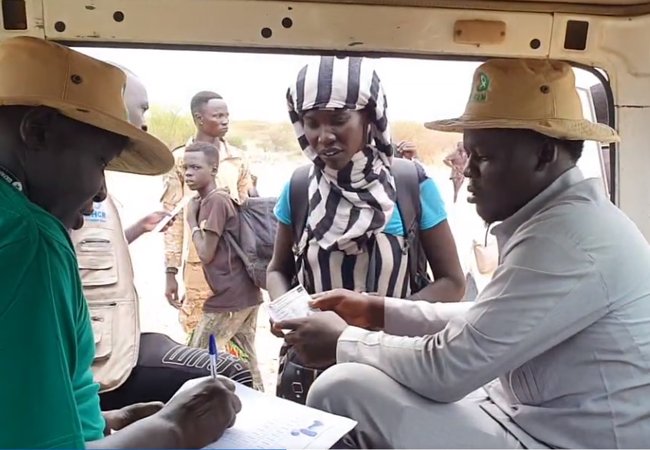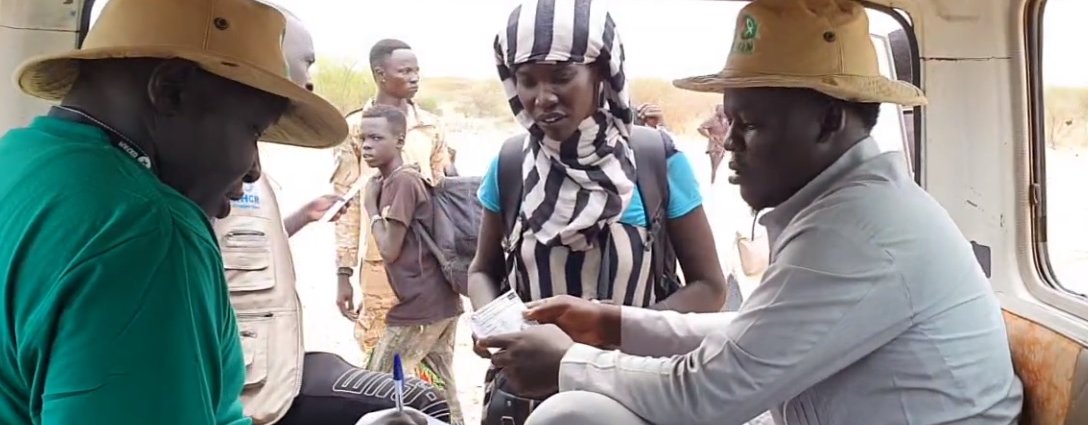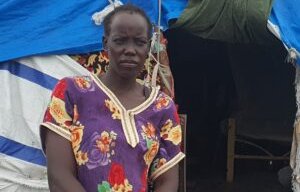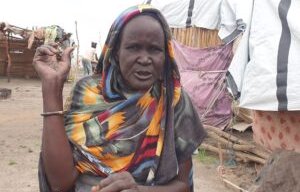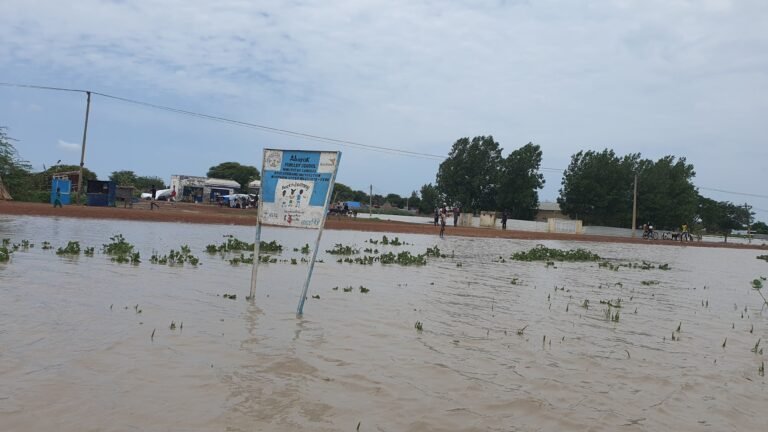To help people survive, in June, the Scottish Government provided essential funding to support Oxfam’s humanitarian response, which involves the distribution of cash support to more than 7,000 people. Nyakuma is one of those who have received a payment.
“I used (the money) to buy sorghum and other food stuff,” said Nyakuma, adding: “Our biggest challenge is food and medicine when a family gets sick. We get medical treatment here in the camp and if the drug is not there, then we buy it from outside the camp.”
Oxfam has worked in South Sudan since 1983 and received £125,000 from the Scottish Government’s Humanitarian Emergency Fund. Along with high-profile emergencies, the Fund supports those, like the crisis caused by the conflict in Sudan, that unfold away from the world’s attention. The Fund is an important contribution at a time of intense levels of humanitarian need, driven by conflict and climate change, and with UN appeals just 30% funded.
Oxfam’s project in South Sudan provides households with a one-off emergency payment equivalent to £74. Crucially, people can decide what to spend the money on themselves, based on their family’s specific needs – an approach that is both faster and more dignified.
Like Nyakuma, most people buy food, medication, or the materials they need to build temporary shelters; others pay for their onward journeys.
“I walked barefoot for several weeks. It never was the priority at the time because we only needed to leave and find safety”, said Nyakoro Majok, 53, who lives with her son, daughter in-law and husband. Nyakoro has been living in the Renk transit centre, which was temporarily setup to host those displaced. She added: “I did not bring shoes from Sudan but with that (cash support) I bought jackets and sandals,”
With the arrival of the rains, Nyakoro was forced to set up temporary shelters using straws and plastic sheets which now serve as her last line of defence against the ravages of torrential rains and the scorching sun. She said: “My family and thousands of other families have been living in the open until we bought this tent with the money we got.”
Oxfam allocates the funding with support from a committee made up of community elders, while ensuring representation of women and young people. But while the cash support offers a vital lifeline, deep challenges remain; with more help needed.
